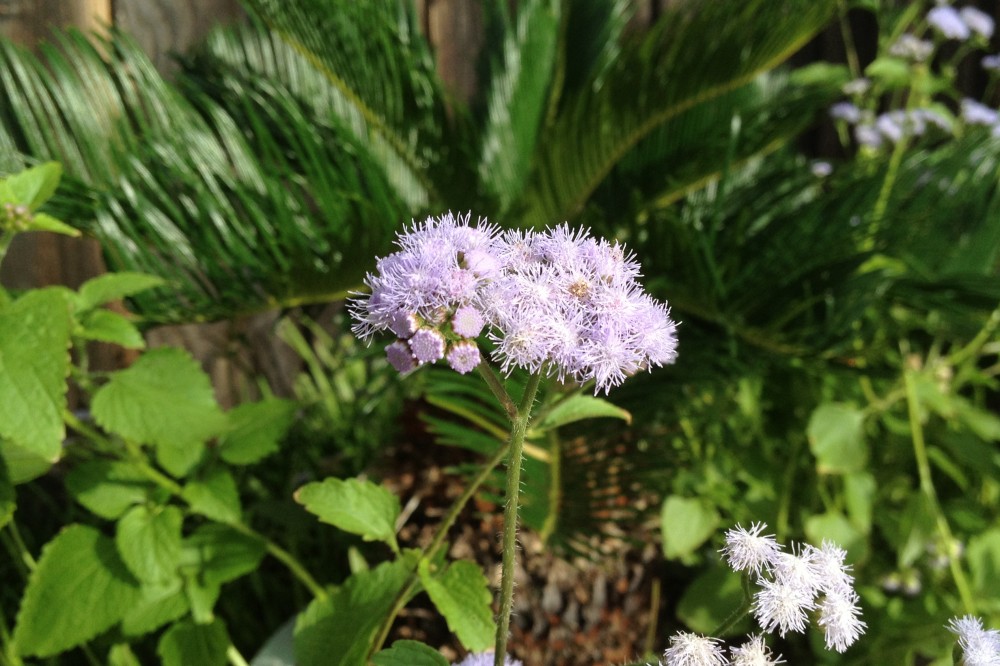We were sitting in a Chinese restaurant in Dallas, Texas, when the person next to me asked, “What should I order? I don’t often eat Chinese.”
Without thinking, I blurted, “Moo Goo Gai Pan. Try it. It’s a traditional American-Chinese dish.”
“Moo goo gai pan” derives from the Cantonese words “
Guangzhou, also known a Canton, is situated on the Pearl River in southern China about 75 miles (120 kilometers) upstream from Hong Kong. Canton is a thriving port, a busy manufacturing center and a global commercial destination with a population of over fourteen million residents. There have always been folks moving into and out of Canton. The Cantonese emigrants are the ones who introduced the world to Cantonese cuisine. In fact, most Chinese restaurants in America began by serving Cantonese dishes, among them, moo goo gai pan.
“How do you like it?” I asked.
“It’s good. Different, but good,” my table-mate responded. “I should try more Chinese dishes.”
“You should,” I responded enthusiastically. “This is just a drop in the bucket.”
“Huh?” the individual questioned. “What do you mean?”
“Oh, I’m sorry. It’s an idiom.”
An idiom is a group of words having a meaning not deducible from the individual words. I meant to tell the person beside me that this is one of many, the first of a large number of Cantonese dishes you can try and enjoy. The phrase I used is an ancient one. About 2,500 years ago, “a drop in the bucket” was written into the Book of Isaiah, the first book of the Major Prophets in the Old Testament. There, and today, it has the added inference of not only being smaller in relationship to a greater whole, but also of being insignificant or unimportant or trivial. I certainly didn’t mean any of those. I realized I had better correct myself.
“Sorry, I didn’t mean this wasn’t an important dish. I meant this is one of many wonderful dishes from Canton. Sorry again, I probably used the wrong idiom.”
My meal-sharer gave me an odd look. “What’s an idiom and where is Canton? I thought we were eating Chinese and you liked moo goo gai pan.”
“We are and I do.” I punched this web site into my handheld and handed the other diner my phone. “Please read this,” I said. “It will explain everything.”
Whew, that was close. But, how did I know to write this post before I went to dinner?
The Internet is truly amazing and so is Cantonese food.
Here or in China, try some and enjoy.
Grandpa Jim
